Photographs: Eric Thayer/Reuters
A US Senate panel has accused global banking giant HSBC of exposing the country's financial system to various terror financing, money laundering and drug trafficking activities with transactions worth billions of dollars, due to poor risk control systems at the bank.
Among others, HSBC was found to be doing business with Saudi Arabia's Al Rajhi Bank, whose key founder "was an early financial benefactor of al Qaeda," the US Senate's Permanent Sub-committee on Investigations has said after a year-long probe into the affairs of the global banking major.
The bank has also been accused of indulging in various questionable transactions with entities from countries like Mexico, Iran, North Korea, Saudi Arabia, Bangladesh, Syria, Cuba, Sudan, Burma, Cayman Islands, Japan and Russia.
...
'HSBC exposed US to terror funding, money laundering risks'
Photographs: Nikhil Monteiro/Reuters
Specifically, the bank has been alleged to have provided US dollars and banking services to some banks in Saudi Arabia and Bangladesh despite links to terrorist financing.
Reacting to the report from the Senate Sub-Committee, HSBC said in a statement that it would apologise for failing to meet regulatory and customer standards in the past.
The bank said it recognises that its "controls could and should have been stronger and more effective in order to spot and deal with unacceptable behaviour."
The Senate Sub-Committee last night released a 17-page summary report of its probe. The entire 330-page report, prepared after a year-long investigation into HSBC, along with more than 100 other documents including bank records and internal emails, is being released at a hearing on Tuesday.
...
'HSBC exposed US to terror funding, money laundering risks'
Photographs: Bobby Yip/Reuters
The hearing would include testimony from HSBC officials and federal regulators, the sub-committee Chairman and Senator Carl Levin said in a statement.
The bank operates in many jurisdictions with weak Anti-Money Laundering (AML) controls, high risk clients, and high risk financial activities, including in Asia, the Middle East, and Africa, the Senate sub-committee said.
The sub-committee said that HSBC used its US bank (HBUS) as a gateway into the US financial system for some HSBC affiliates around the world to provide dollar-denominated services to clients "while playing fast and loose with US banking rules".
...
'HSBC exposed US to terror funding, money laundering risks'
Photographs: Stefan Wermuth/Reuters
"For decades, HSBC has been one of the most active global banks in the Middle East, Asia, and Africa, despite being aware of the terrorist financing risks in those regions.
"In particular, HSBC has been active in Saudi Arabia, conducting substantial banking activities through affiliates as well as doing business with Saudi Arabia's largest private financial institution, Al Rajhi Bank," the report said.
"After the 9-11 terrorist attack in 2001, evidence began to emerge that Al Rajhi Bank and some of its owners had links to financing organisations associated with terrorism, including evidence that the bank's key founder was an early financial benefactor of al Qaeda.
...
'HSBC exposed US to terror funding, money laundering risks'
Photographs: Tyrone Siu/Reuters
"In 2005, HSBC announced internally that its affiliates should sever ties with Al Rajhi Bank, but then reversed itself four months later, leaving the decision up to each affiliate. HSBC Middle East, among other HSBC affiliates, continued to do business with the bank," it added.
The probe further said that "due to poor AML controls, HBUS exposed the US to Mexican drug money, suspicious travellers cheques, bearer share corporations, and rogue jurisdictions."
"Each of these specific cases shows how a global bank can pressure its US affiliate to provide banks in countries at high risk of terrorist financing with access to US dollars and the US financial system," the sub-committee said.
...
'HSBC exposed US to terror funding, money laundering risks'
Photographs: Toby Melville/Reuters
"The bank's federal bank regulator, the OCC, tolerated HSBC's weak AML system for years. If an international bank won't police its own affiliates to stop illicit money, the regulatory agencies should consider whether to revoke the charter of the US bank being used to aid and abet that illicit money," Levin said.
"HSBC's compliance culture has been pervasively polluted for a long time," he added.
HBUS has 470 branches across the US with 4 million customers and it also provides accounts to 1,200 other banks including more than 80 HSBC affiliates. Globally, HSBC has 7,200 offices in more than 80 countries.
...
'HSBC exposed US to terror funding, money laundering risks'
Photographs: Stefan Wermuth/Reuters
The report said that HSBC ignored risks in doing business in countries such as Mexico, a country sensitive to drug trafficking.
Between 2007 and 2008, HSBC's Mexican operations transported USD 7 billion into the bank's US operations, outstripping other Mexican banks, even one twice its size, raising red flags that the volume of dollars included "proceeds from illegal drug sales in the US".
It also said that HSBC sent nearly 25,000 transactions involving USD 19.4 billion through their HBUS accounts over seven years without disclosing the transactions' links to Iran.
...
'HSBC exposed US to terror funding, money laundering risks'
Photographs: Reuters
Besides, HBUS provided US dollars and banking services to some banks in Saudi Arabia and Bangladesh despite their links to terrorist financing.
In less than four years, HSBC cleared USD 290 million in suspicious US travelers cheques for a Japanese bank, benefiting Russians who claimed to be in the used car business.
The report revealed that HSBC offered more than 2,000 accounts to bearer in the name of bearer "share corporations", which allows secrecy by assigning ownership to the person with physical possession of the shares.
...
'HSBC exposed US to terror funding, money laundering risks'
Photographs: Alywin Chew/Reuters
The sub-committee recommended a number of changes at HSBC's US bank, including higher scrutiny of HSBC affiliates for money-laundering risk, closing accounts of banks linked to terror financing, and steps to ensure the bank does not process transactions with prohibited entities such as terrorists, drug lords, and rogue regimes.
It also recommended overhauling the AML controls on travellers cheques and eliminating bearer share accounts.
"Its recent change in leadership says it's committed to cleaning house. That commitment is welcome surely, but it will take more than words for the bank to change course. Just as certain is the need for tough regulation by the OCC," Levin said.

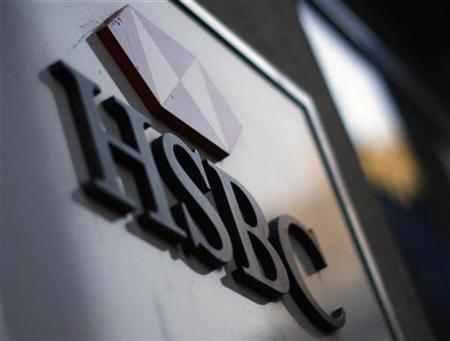
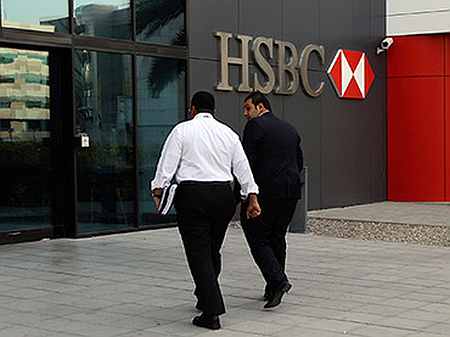
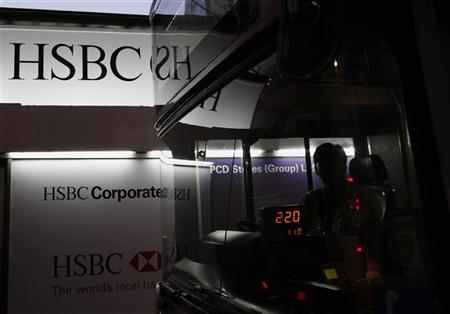
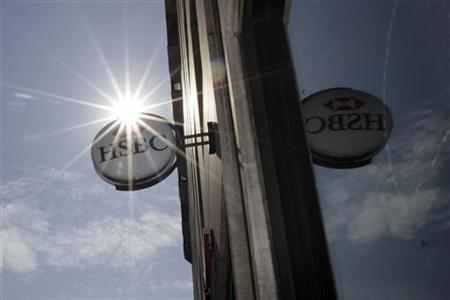
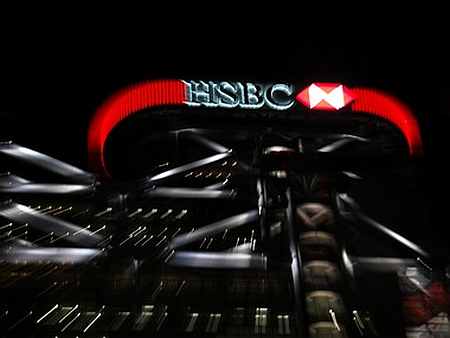
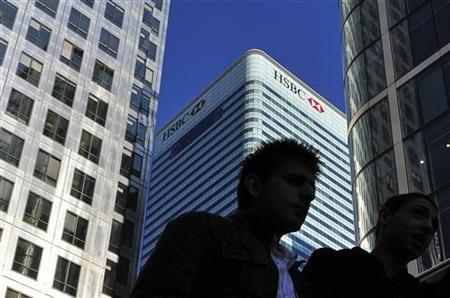

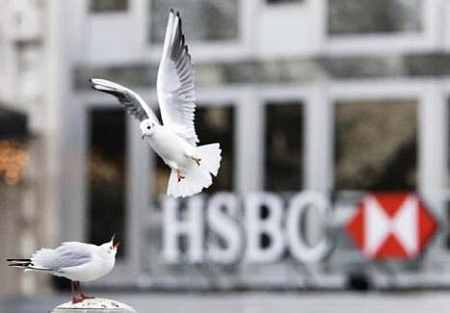

article